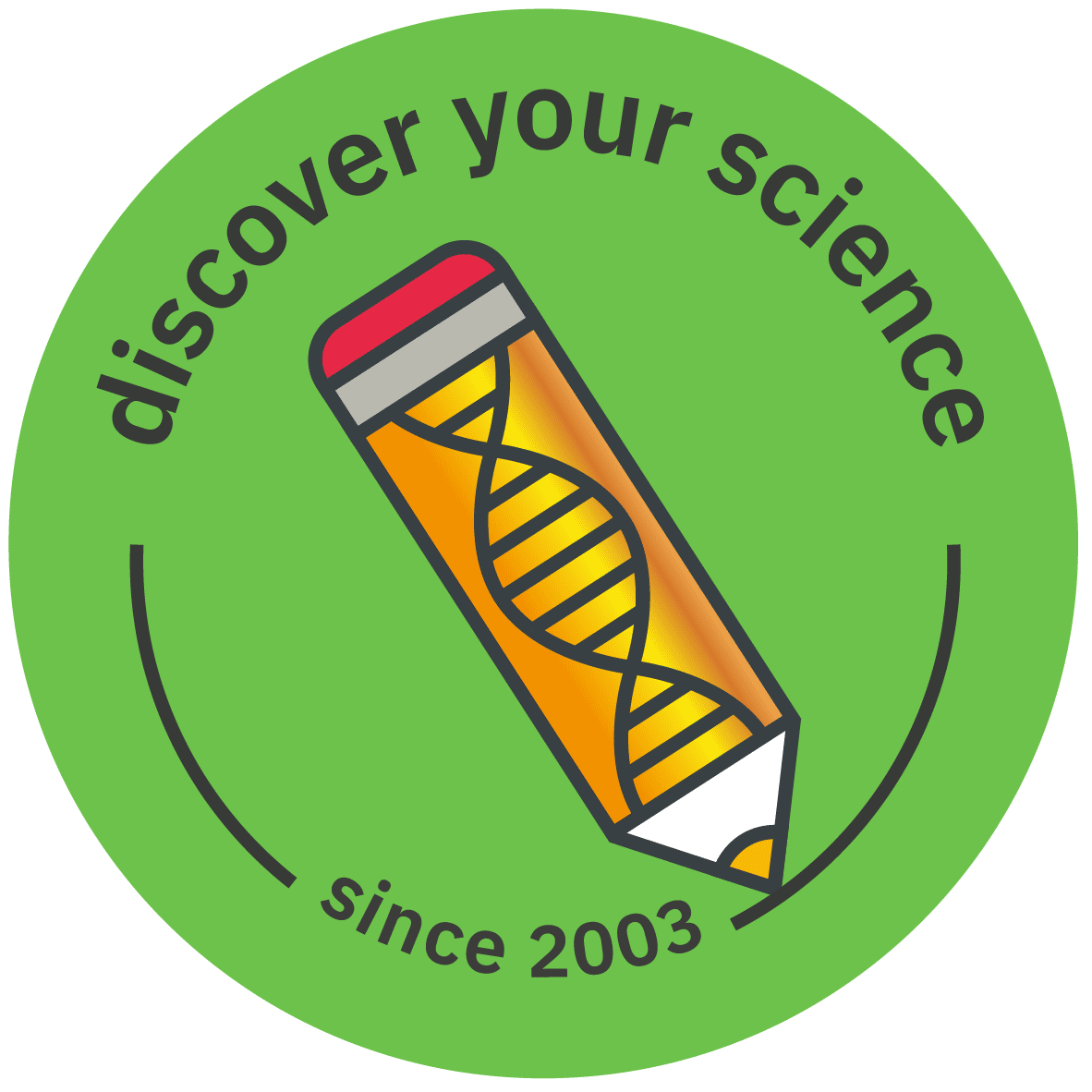SEPE trains the first EMBL Teacher Ambassadors
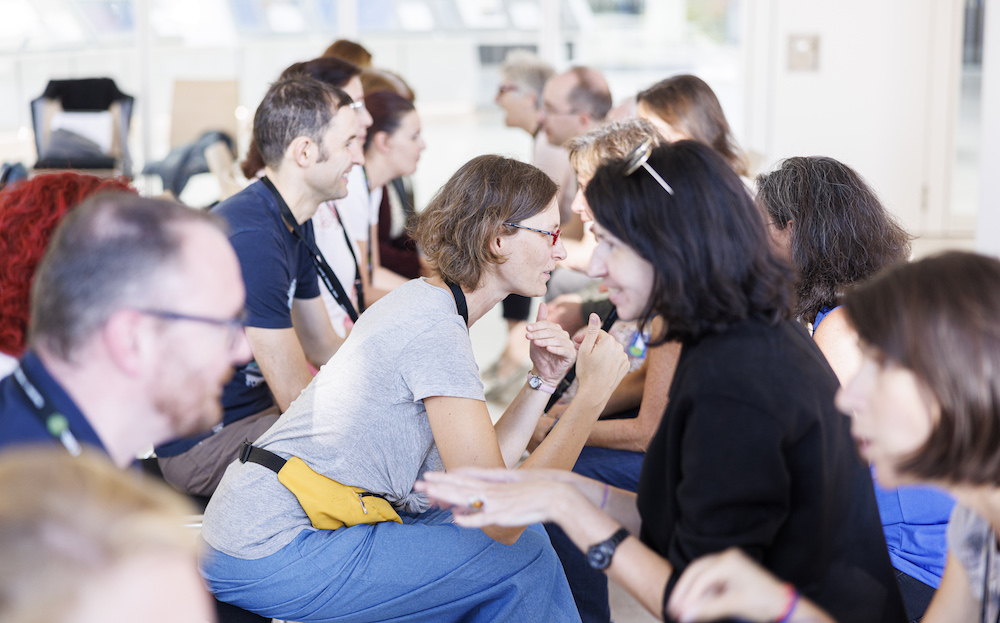
Written by Elena Reiriz Martínez
Edited by Teodora Dobreva
The last week of September was an exciting one for the Science Education team at SEPE: we had the pleasure of hosting a group of 20 science educators from 11 different European countries at EMBL, Heidelberg, for the first-of-its-kind teacher training course “New ways of teaching ecology”.
This professional development course for teachers is a new addition to our science education portfolio and marks the beginning of a brand-new EMBL Teacher Ambassador Programme, part of an ongoing collaboration project with Merck. Following a train-the-trainer format, the course certified participants as EMBL Teacher Ambassadors. The aim is for Ambassadors to return to their countries and train other teachers in their local language, thereby extending the reach and accessibility of the EMBL teaching resources and contributing to the professional development of teachers in their communities.
The main focus of this first train-the-trainer course was ecology, featuring “Nexus Island”, the game-based activity developed by the SEPE team for the TREC public engagement programme, a complementary programme to connect different groups of the public in EMBL member states. The game has now been adapted for classroom use and the teachers, putting themselves in their students’ shoes, shared their expertise and gave feedback on how to best use it in school.
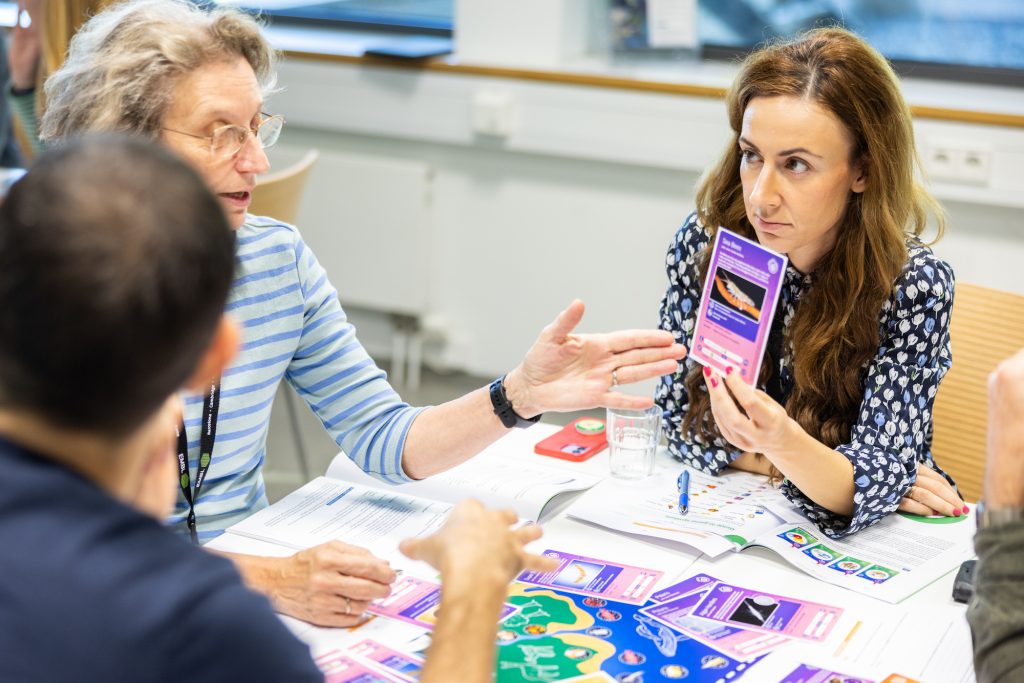
Participants of the course engage with the educational resource “Nexus Island”, developed for outreach in the TREC expedition and now adapted for use in the classroom. Photo: Kinga Lubowiecka/EMBL
The participants heard keynote talks from EMBL researcher Flora Vincent, heavily involved in the expedition, and asked their questions to her PhD student Thomas Beavis, Leslie Pan (Field Sampling Coordinator) and Moritz Winker (ARISE fellow in the Flow Cytometry Core Facility) during a panel discussion. The latter two also took the participants on a tour of their laboratories – the “worm room” where Platynereis dumerilii larvae are raised was a highlight for many.
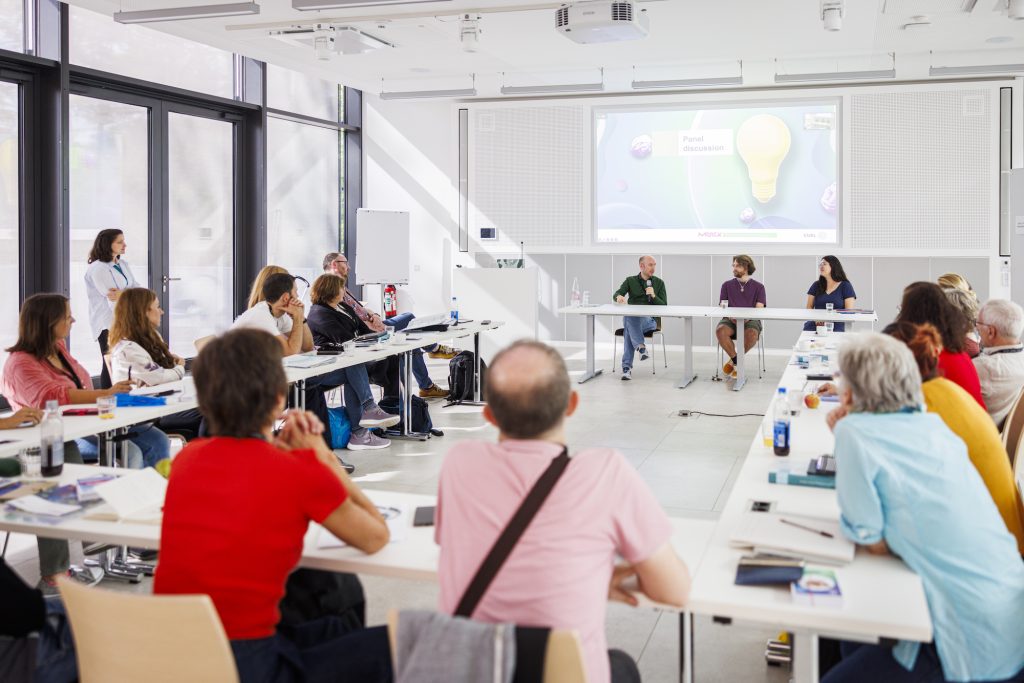
Moritz Winker, Thomas Beavis and Leslie Pan discuss their experiences and answer the participants’ questions about the TREC expedition. Photo: Massimo Del Prete/EMBL
Another highlight was the visit to “The World of Molecular Biology”, the new and fascinating EMBL exhibition housed in the Imaging Centre: many teachers have already decided that they want to visit again with their students and colleagues.
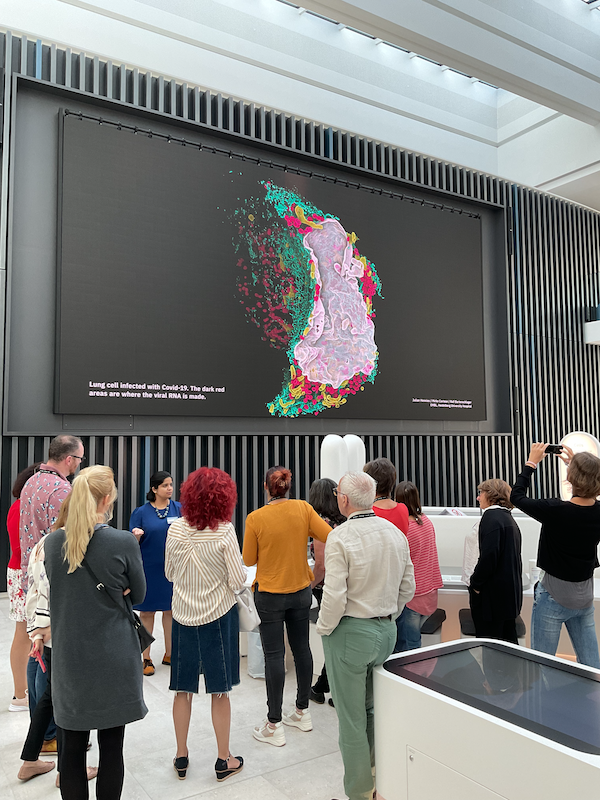
Participants of the course visit “The World of Molecular Biology” exhibition. Photo: SEPE team
With plenty of opportunities to share classroom resources and best practices in teaching ecology, networking with colleagues from across Europe was a vital part of the event for many participants. As one teacher said, “It is an absolute highlight to meet science teachers from so many countries! Discussing matters with them really made me rethink some issues from a different perspective.”
While the participants have returned to their local institutions, the collaboration has only just begun. We are excited to see it grow!
